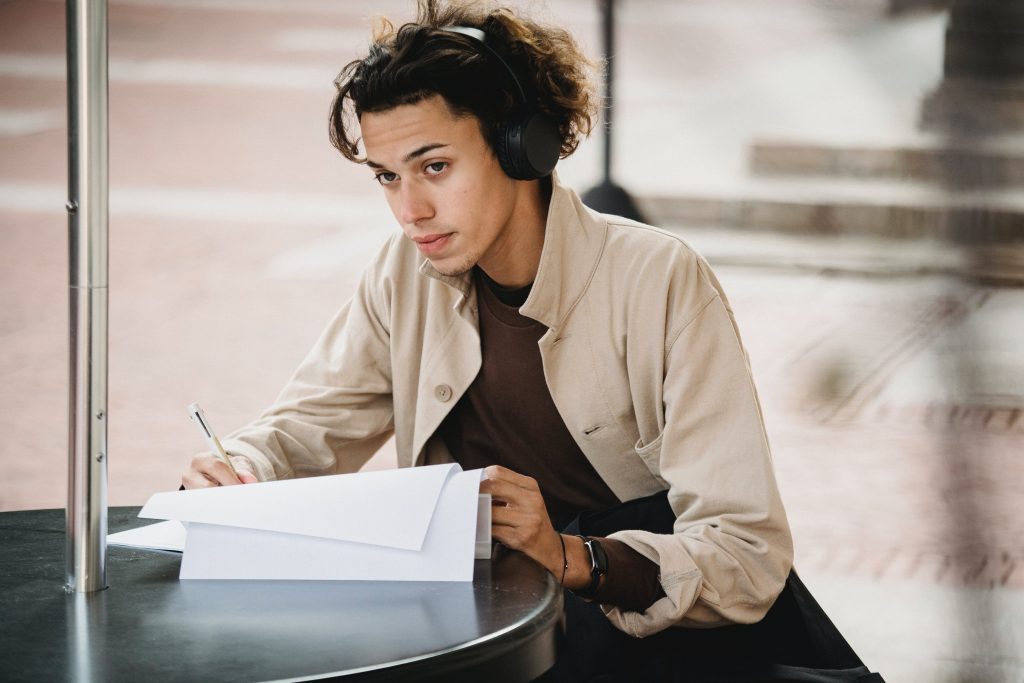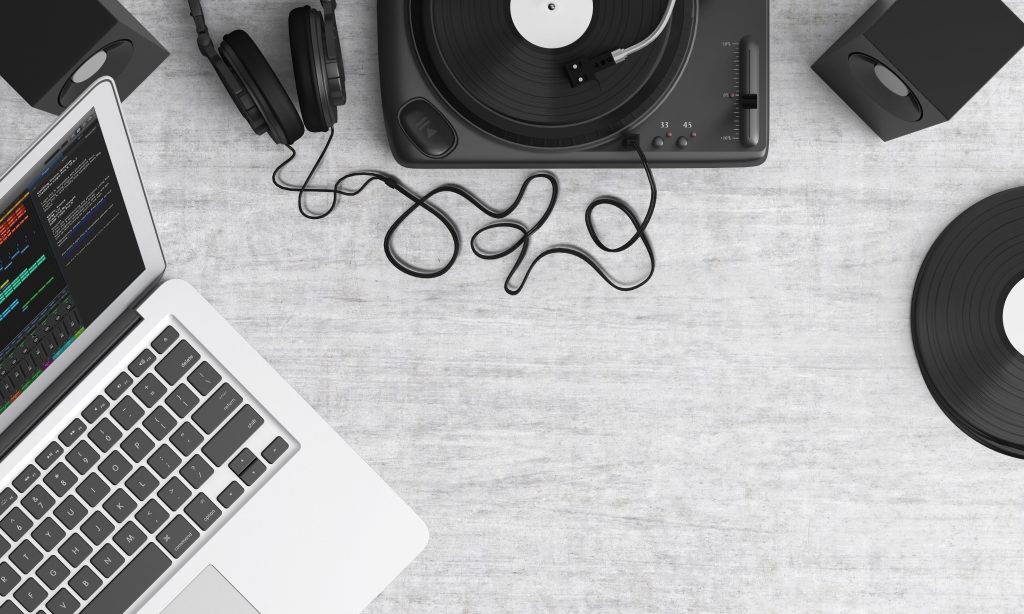
In the world of music, copyright and intellectual property rights are vital for artists and creators. Intellectual property rights refer to the legal right of an artist to protect their artistic works from unauthorized use and infringement , which guarantees their rights
- The Importance of Music Copyright
- Elements of Music Copyright
- How to Protect Music Copyright
- Frequently Asked Questions (FAQ)
Music copyright is crucial for artists as it allows them to control and profit from their creative work . By obtaining copyright protection, musicians can prevent others from using their work without permission or proper compensation to use their work . This ensures that artists can maintain control over how their music is used and monetized.
In addition to financial benefits, copyright protection also preserves the integrity and reputation of artists. It allows them to maintain creative control and ensures that their music is not misused or misrepresented.

Music copyright comprises several elements that artists should be aware of:
Composition Copyright:
This refers to the copyright protection for the musical composition itself, including the melody, lyrics, and arrangement. It is granted automatically upon creation.
Sound Recording Copyright:
This relates to the copyright protection for the specific recorded version of a musical composition. It covers the performance, production, and engineering aspects of a song. This copyright is separate from the composition copyright and may be owned by different entities, such as record labels or artists themselves.
Performance Rights:
Artists have the right to control the public performance of their music. This includes live performances, radio and TV broadcasts, streaming, and digital platforms.
Mechanical Rights:
These rights pertain to the reproduction and distribution of music. It covers aspects such as making copies of a song, distributing physical CDs or vinyl records, and digital downloads.
Synchronization Rights:
This refers to the use of music in combination with visual media, such as films, TV shows, commercials, and video games. Obtaining synchronization rights is necessary to legally include music in these types of media.

To protect their music copyright, artists should consider the following steps:
Register with Copyright Offices: Registering music with the relevant copyright office provides additional legal protection and evidence of ownership. In the United States, artists can register their works with the U.S. Copyright Office.
Use Copyright Notices: Including a copyright notice on albums, websites, and other music-related materials can deter potential infringers. The notice typically consists of the copyright symbol (©), the year of first publication, and the copyright owner’s name.
Licensing and Royalties: Artists can generate income through licensing their music for various uses. This includes licensing for performances, synchronization in films, TV shows, and commercials, and digital streaming platforms. Collecting royalties from these licenses is crucial for artists’ financial success.
Stay Informed: Keeping up with copyright laws and industry developments is essential. Artists should understand their rights, stay updated on copyright legislation, and seek legal advice when needed.
Q1: Can I use copyrighted music in my YouTube videos?
A1: No, using copyrighted music without permission or proper licensing is a violation of intellectual property rights. It is advisable to use royalty-free or licensed music for your videos.
Q2: How can I obtain permission to use a copyrighted song?
A2: To use a copyrighted song, you need to obtain permission from the copyright owner. This can be the artist, their record label, or a music publisher. You may need to negotiate licensing terms and potentially pay royalties.
Q3: What is fair use in music copyright?
A3: Fair use is a legal doctrine that allows limited use of copyrighted material for specific purposes such as criticism, commentary, educational, or transformative purposes. However, determining fair use can be complex and depends on several factors.
Q4: How long does music copyright last?
A4: In most countries, music copyright lasts for the lifetime of the artist plus an additional period, typically 50 to 70 years after their death. After this period, the music enters the public domain and can be used freely.
Q5: What are the consequences of copyright infringement?
A5: Copyright infringement can result in legal consequences, including financial penalties, injunctions, and the seizure of infringing materials. Artists and copyright owners have the right to take legal action against infringers to protect their intellectual property.
Conclusion
Understanding and protecting music copyright and intellectual property rights is essential for artists in today’s digital age. By securing their rights, artists can safeguard their artistic creations, control their music’s usage, and ensure fair compensation for their work. It is important for musicians to stay informed about copyright regulations, seek legal advice when necessary, and make informed decisions to protect their creative endeavors.


